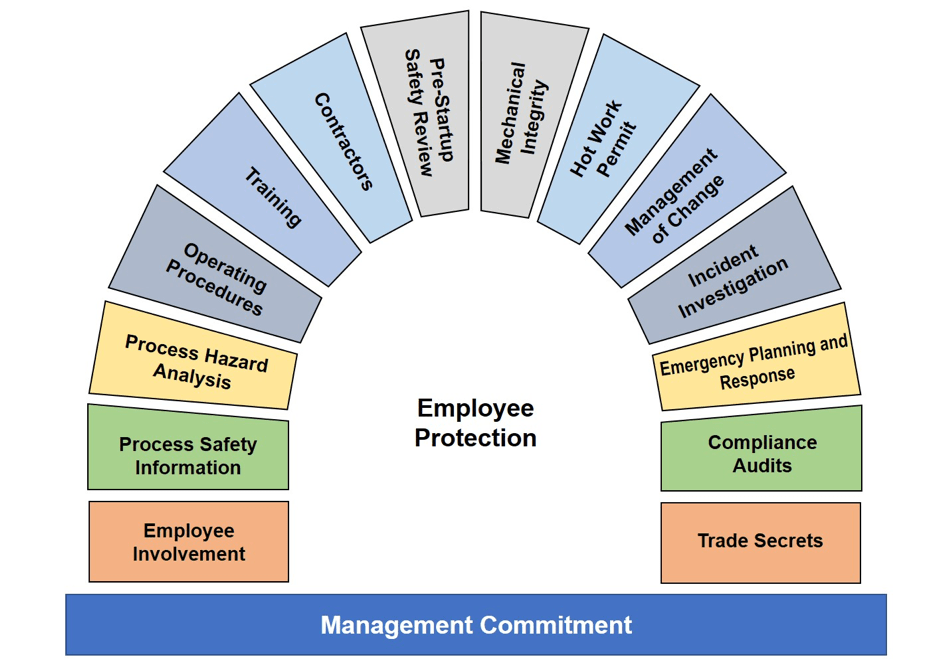Best Research Strategies for MBA Dissertations in the UK

Research is the foundation of any successful MBA dissertation. It provides the necessary evidence, supports critical arguments, and ensures academic credibility. However, conducting effective research can be challenging for many UK students. This guide outlines the best research strategies to help MBA students develop high-quality dissertations.
What Makes Research Essential for an MBA Dissertation?
A well-researched dissertation demonstrates analytical skills, problem-solving abilities, and a strong understanding of business concepts. It also enhances academic credibility and prepares students for decision-making roles in the corporate world.
Key Benefits of Effective Research:
-
Provides accurate data to support arguments.
-
Strengthens critical analysis by evaluating different perspectives.
-
Helps identify gaps in existing literature.
-
Ensures logical flow and coherence in writing.
How to Choose the Right Research Methodology?
Selecting an appropriate research methodology is a crucial step in dissertation writing. The choice depends on the research objectives, data availability, and the nature of the study.
Types of Research Methods:
-
Qualitative Research
-
Focuses on non-numerical data such as opinions, experiences, and behaviors.
-
Methods include interviews, case studies, and focus groups.
-
Suitable for exploring complex business challenges and management strategies.
-
-
Quantitative Research
-
Involves numerical data and statistical analysis.
-
Common methods include surveys, experiments, and financial data analysis.
-
Useful for testing hypotheses and measuring business performance.
-
-
Mixed Methods Research
-
Combines both qualitative and quantitative approaches.
-
Provides a comprehensive understanding of business trends.
-
Suitable for topics requiring both statistical validation and human insights.
-
Where to Find Reliable Research Sources?
Gathering credible sources is essential for producing a high-quality dissertation. Using well-established databases and scholarly materials enhances the credibility of research.
Recommended Research Sources:
-
Academic Journals – Access peer-reviewed articles from platforms like Google Scholar, JSTOR, and Elsevier.
-
Business Reports – Use reports from institutions like the Harvard Business Review, McKinsey, and PwC.
-
Government Publications – Refer to policy papers and economic reports from UK government websites.
-
Case Studies – Analyze real-world business scenarios from research institutions.
-
University Libraries – Utilize digital and physical libraries for books and research papers.
How to Conduct a Literature Review?
A literature review examines existing studies relevant to the research topic. It helps in identifying key themes, gaps in research, and theoretical frameworks.
Steps to Write an Effective Literature Review:
-
Define Research Scope – Identify relevant theories, models, and studies related to the topic.
-
Summarize Key Findings – Compare and contrast different perspectives.
-
Identify Research Gaps – Highlight areas where further investigation is needed.
-
Organize Content Logically – Group studies based on themes rather than summarizing articles individually.
-
Cite Sources Properly – Follow citation styles such as APA or Harvard referencing.
How to Design a Strong Research Proposal?
Before starting the dissertation, students are often required to submit a research proposal. It outlines the research objectives, methodology, and expected outcomes.
Essential Components of a Research Proposal:
-
Title – A concise representation of the research topic.
-
Introduction – Defines the problem statement and research significance.
-
Objectives – Specifies the primary and secondary research goals.
-
Literature Review – Summarizes existing research and theoretical frameworks.
-
Methodology – Explains data collection and analysis techniques.
-
Expected Outcomes – Predicts research findings and contributions.
How to Collect Primary Data for MBA Dissertations?
Primary data collection involves gathering original information through first-hand research. It provides fresh insights into business trends and consumer behavior.
Common Primary Research Methods:
-
Surveys – Collect responses from business professionals, customers, or employees.
-
Interviews – Conduct structured or semi-structured discussions with industry experts.
-
Focus Groups – Gather opinions from small groups to understand consumer perceptions.
-
Observation – Analyze real-world business environments to identify patterns.
How to Analyze and Interpret Data?
Once data is collected, proper analysis is required to draw meaningful conclusions. This process involves identifying trends, correlations, and significant insights.
Data Analysis Techniques:
-
Thematic Analysis – Used in qualitative research to identify common patterns.
-
Statistical Analysis – Involves using software like SPSS or Excel for numerical data.
-
Comparative Analysis – Compares different data sets to evaluate variations.
-
Regression Analysis – Measures relationships between business variables.
How to Ensure Academic Integrity in Research?
Maintaining academic integrity is crucial to avoid plagiarism and unethical research practices.
Best Practices to Follow:
-
Cite All Sources – Use proper referencing styles to credit original authors.
-
Avoid Data Manipulation – Present findings honestly without altering results.
-
Use Plagiarism Detection Tools – Verify originality using Turnitin or Grammarly.
-
Follow Ethical Guidelines – Obtain necessary permissions before collecting data.
How to Structure an MBA Dissertation?
A well-structured dissertation improves readability and presents research findings effectively.
Typical Structure of an MBA Dissertation:
-
Title Page – Includes dissertation title, student name, and university details.
-
Abstract – Summarizes research objectives, methodology, and key findings.
-
Introduction – Provides background, problem statement, and research significance.
-
Literature Review – Analyzes previous studies and theoretical models.
-
Methodology – Describes data collection and analysis techniques.
-
Findings and Discussion – Presents research outcomes with interpretations.
-
Conclusion and Recommendations – Summarizes key insights and suggests future research.
-
References – Lists all cited sources following academic guidelines.
How to Overcome Challenges in MBA Dissertation Research?
Many students face difficulties in conducting research due to time constraints, data limitations, and complexity of analysis.
Solutions to Common Research Challenges:
-
Lack of Time: Create a research schedule and follow a structured plan.
-
Insufficient Data: Use multiple sources and explore alternative research methods.
-
Complex Analysis: Seek guidance from academic advisors or online tutorials.
-
Writer’s Block: Break down the dissertation into smaller tasks for easy progress.
Where to Get Additional Academic Assistance?
Students seeking expert guidance for legal assignments can refer to Law Assignment Help UK for comprehensive legal research support. For dissertation writing strategies, Dissertation Help UK provides structured guidance. If students require online academic support, services like Do My Assignment Online UK offer tailored solutions for assignment completion.







